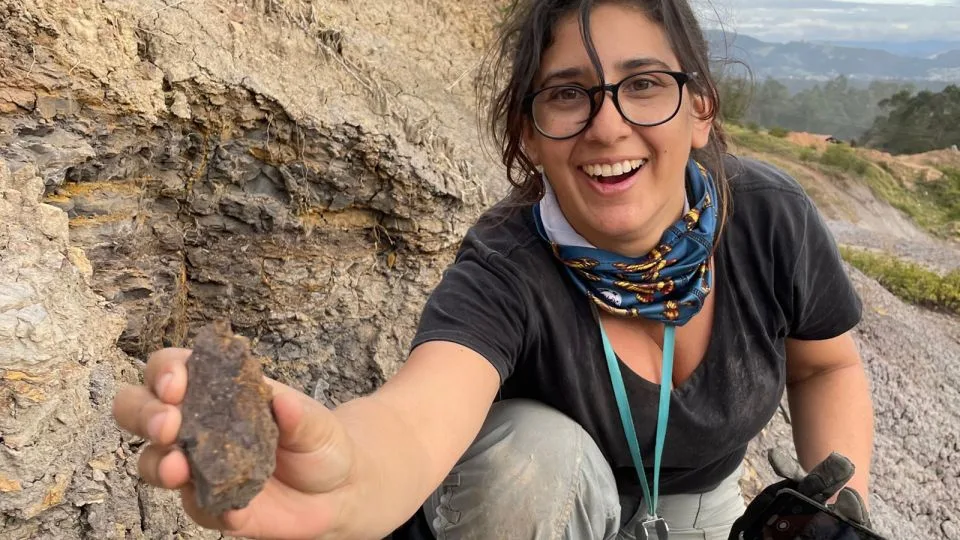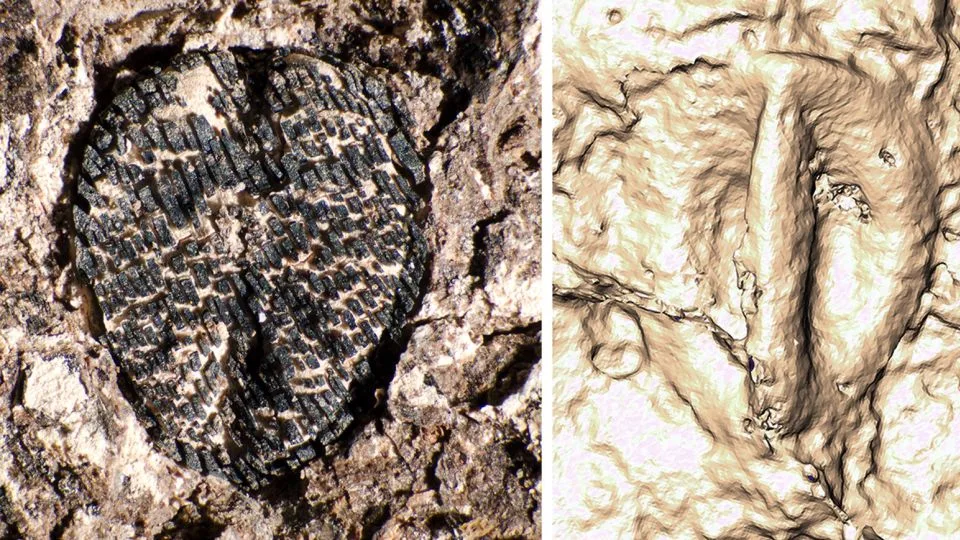Researchers discovered ancient grape seeds that are 60 million years old trapped in sedimentary rock in Colombia. This makes them the oldest known grape seeds found in the Western Hemisphere.
One seed was named Lithouva susmanii. Dating analysis showed it lived 19-60 million years ago, during the Paleocene epoch, shortly after the extinction of the dinosaurs.
Other grape seed fossils from this time period have been found in India but not South America before this discovery. The extinction of the dinosaurs opened ecological niches that allowed grapes and other climbing plants to spread worldwide.

Without large dinosaurs knocking down trees, forests became more dense with layered canopies after the extinction. This environment favored climbing plants like grapes that could reach the sun higher up.
Over time grapes and their ancestors both spread across continents and went locally extinct in places like South America for unknown reasons. Studying their ancient fossils provides clues about grape evolution and adaptation.
The research suggests grapes owe their existence today to the resetting of global forests after the demise of the dinosaurs 66 million years ago cleared space for new plant species.
Source: CNN









